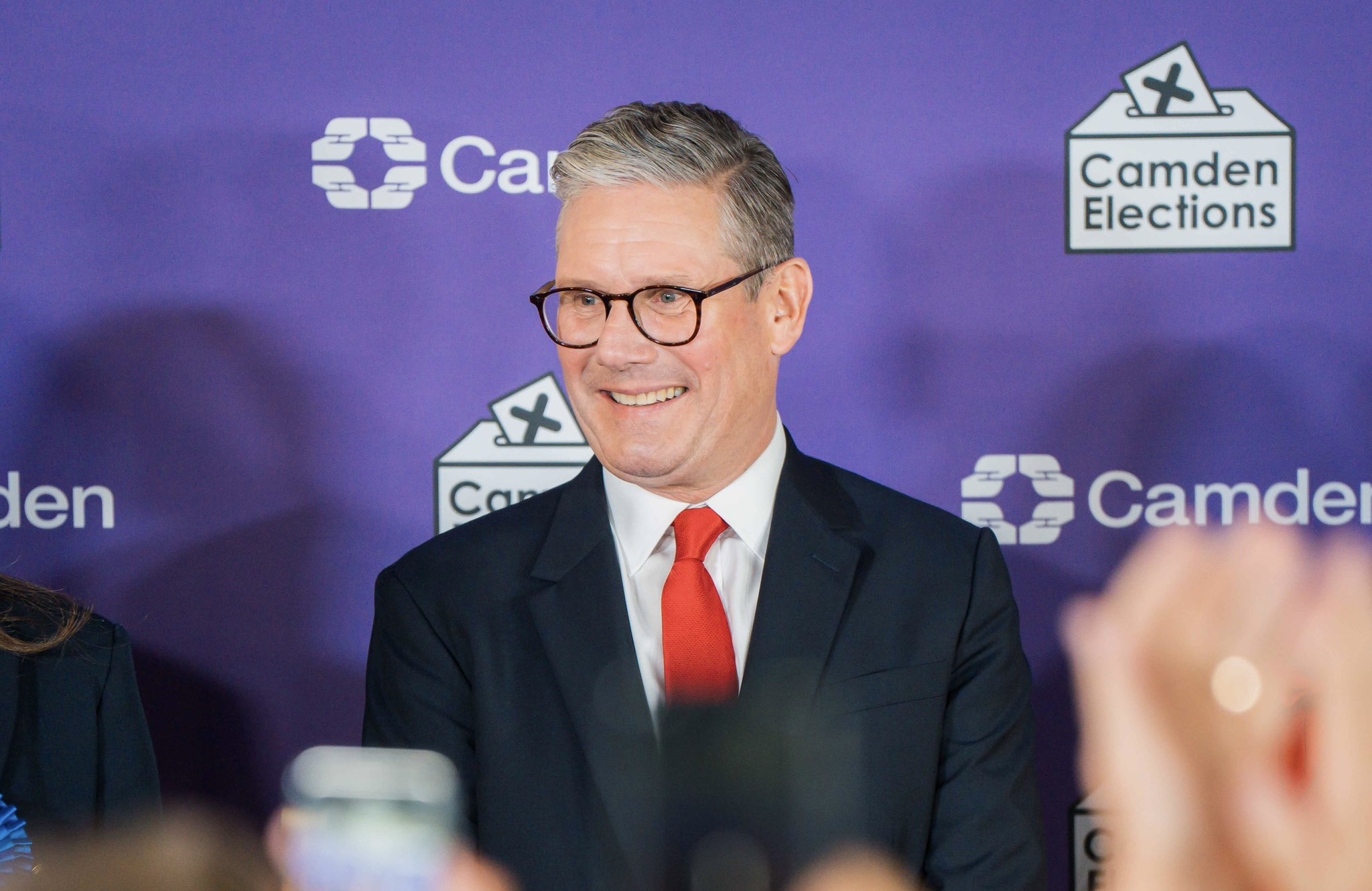The 2024 United Kingdom general election was held on July 4, 2024, and resulted in a landslide victory for the Labour Party led by Sir Keir Starmer. Labour Party secured 410 seats in the 650-member House of Commons, while the Conservative Party, led by Prime Minister Rishi Sunak, lost over 250 seats and secured only 144 seats. This election marked the end of 14 years of Conservative rule and the beginning of a new era under Labour leadership. Sir Keir Starmer is set to become the new Prime Minister, promising a vision of “national rejuvenation” with a focus on putting the country’s interests above partisan concerns. The election outcome has been described as a significant setback for the Conservative Party, with several prominent figures facing defeats, including Jacob Rees-Mogg and Grant Shapps. The results also saw significant gains for smaller parties like the Liberal Democrats and Reform UK, as well as the Green Party of England and Wales.
A record number of 28 Indian-origin members of Parliament have been elected to the House of Commons in the UK’s general election. This includes 12 Sikh MPs. Notable winners include Rishi Sunak, who retained his Richmond and Northallerton constituency, and Suella Braverman, who held on to her seat. The Labour Party saw a significant number of Indian-origin candidates win, including Seema Malhotra, Valerie Vaz, and Lisa Nandy.
The 2024 UK general election saw a record 29 Indian-origin MPs elected to the UK Parliament, a significant increase from the previous term. The elections saw 12 Sikh MPs elected, the second-highest number after Canada, reflecting the growing influence of the Sikh community in UK politics. Historic firsts include Kirith Entwistle becoming the first woman MP from Bolton North East, and Sonia Kumar becoming the first woman MP from Dudley.
This increased representation of Indian-origin MPs is expected to amplify the voice of the Indian community in the UK Parliament and shape policies that address their concerns. The diverse backgrounds and experiences of these MPs will likely lead to greater inclusivity and better representation of the Indian diaspora in British politics.
The new Indian-origin MPs elected to the UK Parliament are expected to focus on several key issues that impact the Indian diaspora and broader British society:
1. Addressing anti-Hindu hate and discrimination: There have been reports of Hindu students facing bullying and discrimination in schools. MPs are calling for recognition of Hinduphobia as a specific category of religious hate crime and increased protection for Hindu communities and places of worship.
2. Immigration and citizenship policies: MPs are advocating for fair and transparent immigration regulations that acknowledge the Indian diaspora’s contributions, including streamlining visa processes, work permit applications, and naturalization procedures.
3. Increasing representation in politics and media: British Hindus are seeking greater visibility in councils, Parliament, and mainstream media to amplify their voice and concerns.
4. Educational reforms : There are efforts to improve the teaching of Hinduism in schools, address misconceptions, and handle faith-targeted hate incidents more effectively. MPs want to ensure accurate and respectful curriculum content.
5. Enhancing UK-India trade relations and bilateral investment: Leveraging historical and cultural connections, MPs are focusing on boosting economic ties between the two countries.
6. Improving access to healthcare and social welfare programmes: Particularly for vulnerable segments of the Indian diaspora, MPs are working to enhance support systems.
These issues underscore the Indian diaspora’s priorities in terms of identity, integration, and socioeconomic considerations as they seek to shape the legislative landscape in the UK Parliament.





